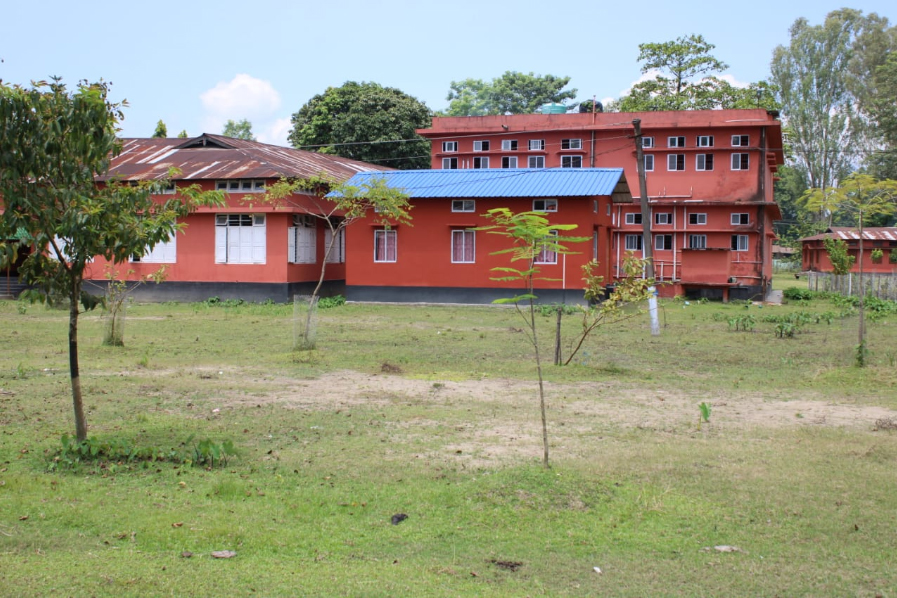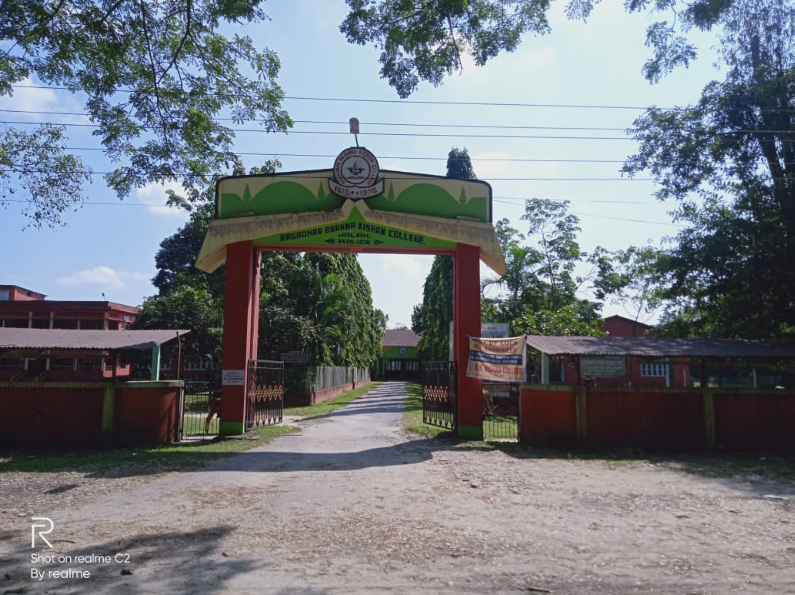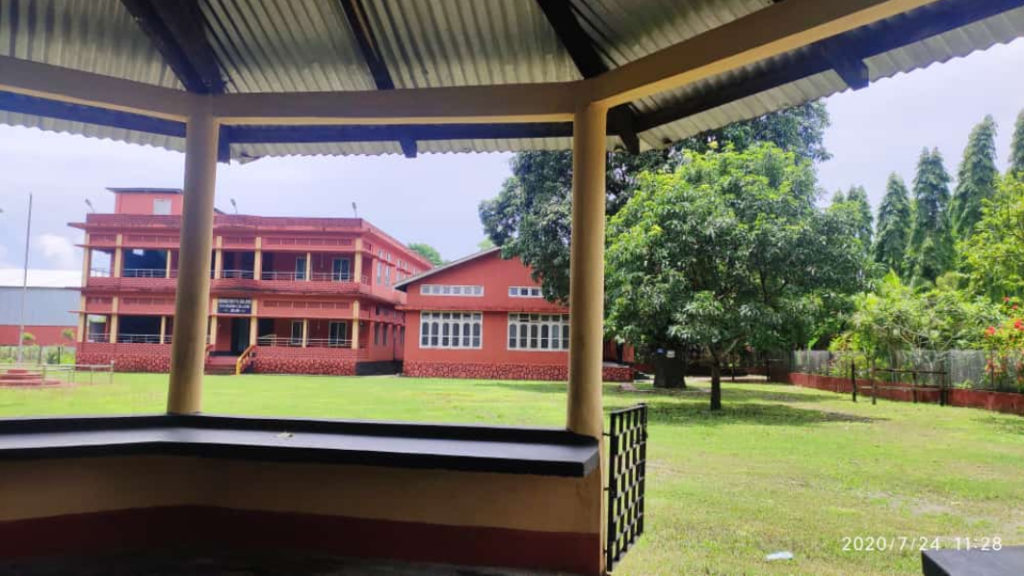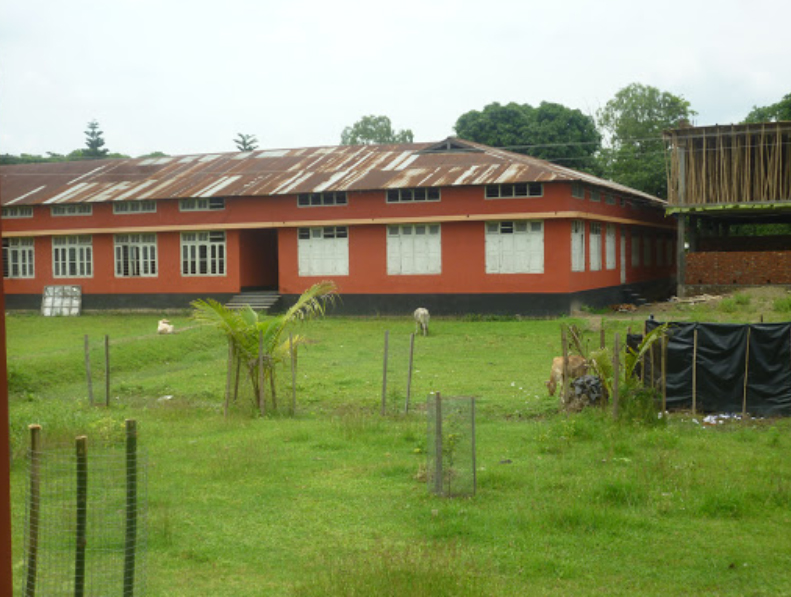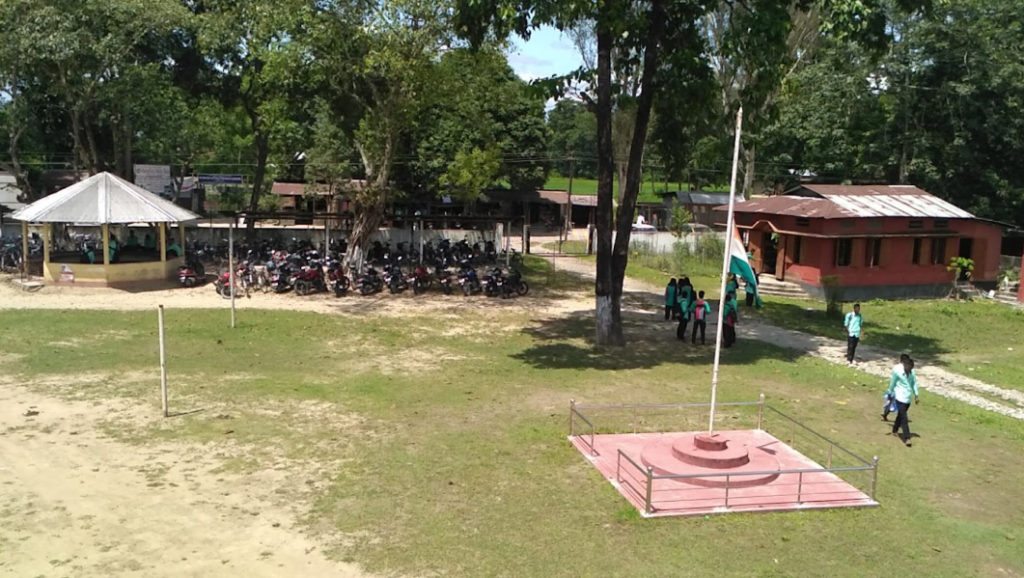Know all about our college History
Profile of the
College
OUR STORY
Since 1978
Bagadhar Brahma Kishan College, Jalah was established on the 16th day of august, 1978 with the relentless and untiring efforts of a band of social workers to push forward the intellectual energy of the people of greater Jalah area towards a blueprint for the future. Initially started with the financial and physical support of the ‘people of the region’ the co-educational college of higher education was subsequently taken over the govt. Of assam under ‘deficit-grant-in-aid’ system in 1986.

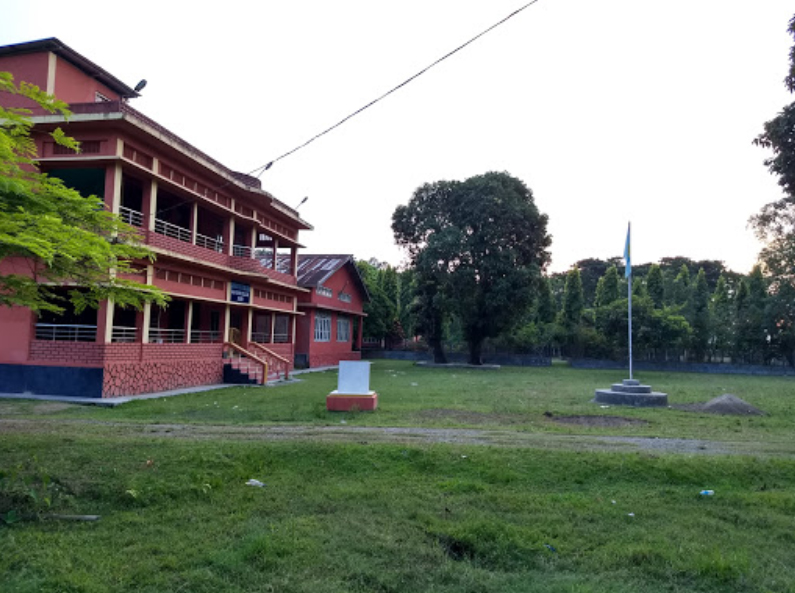
It has also been accorded permanent affiliation by Gauhati university and recognized by UGC under 2(f) section 12(B) of UGC act in 1990. Later, the college was affiliated to Bodoland university, Kokrajhar. The academic excellence and efforts of the college have already been assessed by the NAAC and is accredited grade ‘B’ in 2005 and grade ‘C’ in 2020. The college is located at Jalah under the Jalah development block in Chapaguri mouza of Baksa district, (BTR) assam. It owns vast and sprawling campus amidst an enthralling and screen ambience. The meditative Himalayas in the northern horizon overlooks the college while Sankardev Sishu Vidya Niketan and a Srimanta Bhagabat mandir in front of the college decorated the spiritual atmosphere of the college. The river Kaldia murmurs majestically encircling northern, southern and western sides. The back of the college, surrounded by lush green plantation, hostels, staff quarters, has a playground which caters to the need of the lovers of games and sports. The college, the only recognized institution of higher education in the northern most region of Baksa district (BTR), imparts teaching in four year undergraduate course (FYUGP) in arts and science stream and PG courses in Assamese and Philosophy under Bodoland University, Kokrajhar. Braving social unrest, paucity of funds, lack of basic infrastructure and academic freedom, and this institution has made out an identity of its own by sensitizing itself to new modes of teaching learning experience, continuous academic progress and greater community participation. At present the college has fifteen teaching departments at levels with a healthy 18:1 learner teacher ratio.
Mission & Vision
Initially started with a single missionary zeal of providing scope for higher education to the economically weaker section of eligible youths of Bhebla tribal belt and block (Jalah), and the College has made periodic review of the institutional goals to slowly come to terms with the global need of higher education. The missions of the College and its visions for the future are reflected in the following aims and objectives such as :
- To cater for the need of higher education to the eligible youths of this unserved region especially the economically and educationally weaker section of SC/ST and OBC communities.
- To cater accessibility of rural women to higher education.
- To work continuously to improve upon the quality of general education of this backward region through networking and promotion of intellectual exchange.
- To bring about new concepts and experiments to make teaching-learning experience more satisfying.
- To introduce innovative changes in the Internal Examination as well as the student monitoring mechanism.
- To re-affirm the institution’s responsiveness to community needs and re-attest its commitment to social accountability.
- To orient the student community to serve the society by undertaking extension and awareness programme and to make such extension activities part of our greater educational experience to help, serve, reflect and learn.
- To make special efforts towards student counselling by imparting training in games and sports, music and fine arts, computer and other career oriented programme.
- To take a pro-active role in promulgating the spirit of democracy and harmony, peace and progress, mutual help and trust among various multi-ethnic, multi-lingual communities of this region.
- To build up this institution into an advance centre for learning and research.

